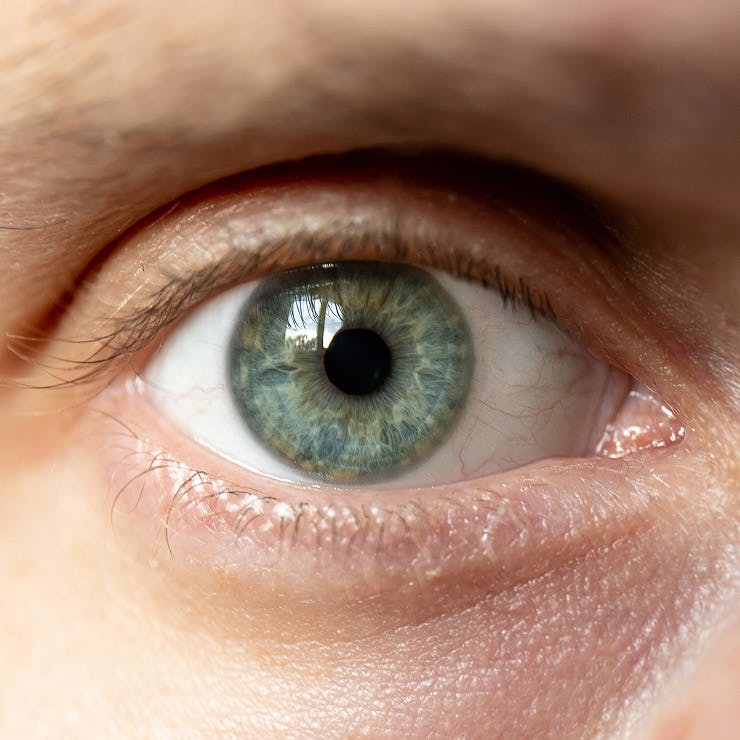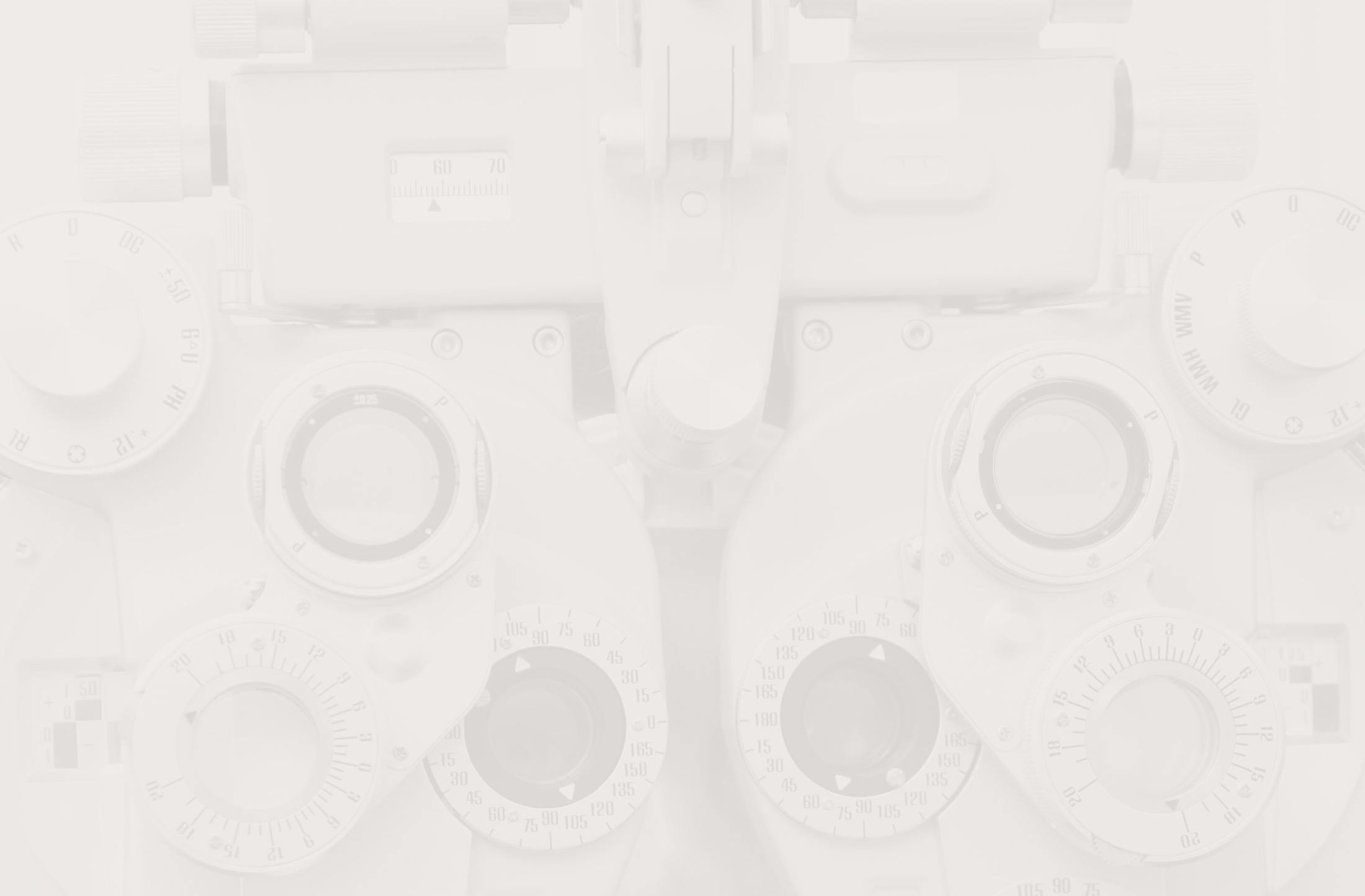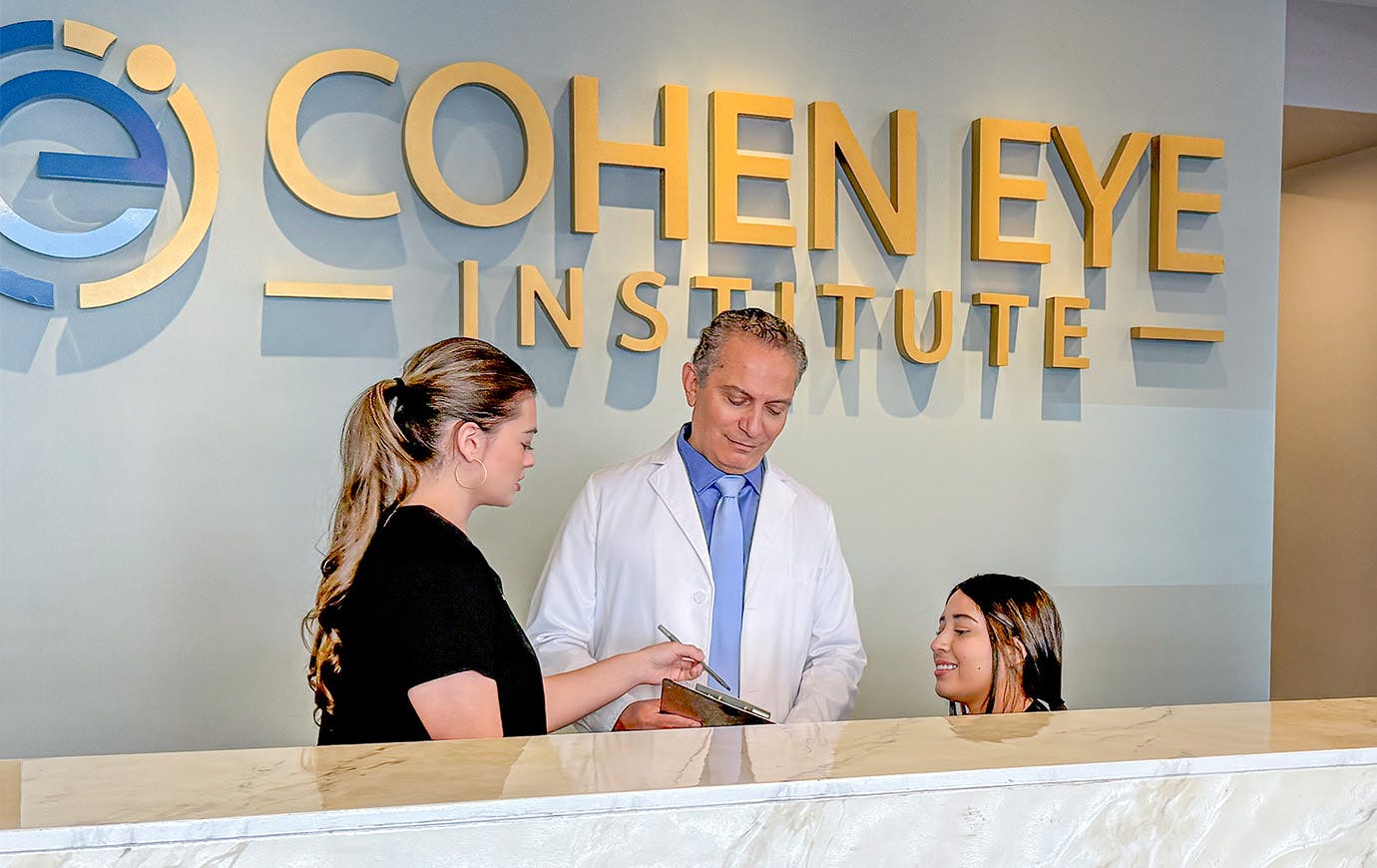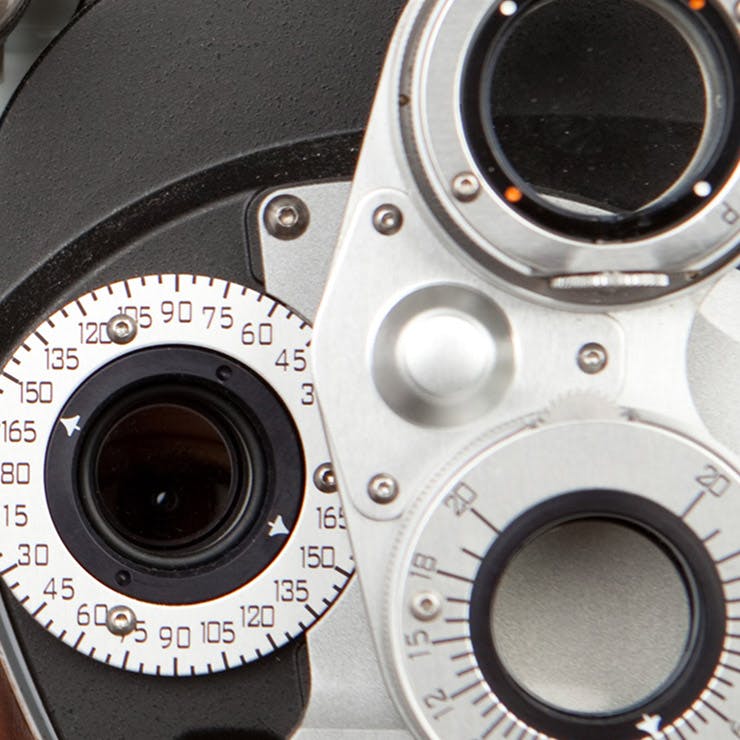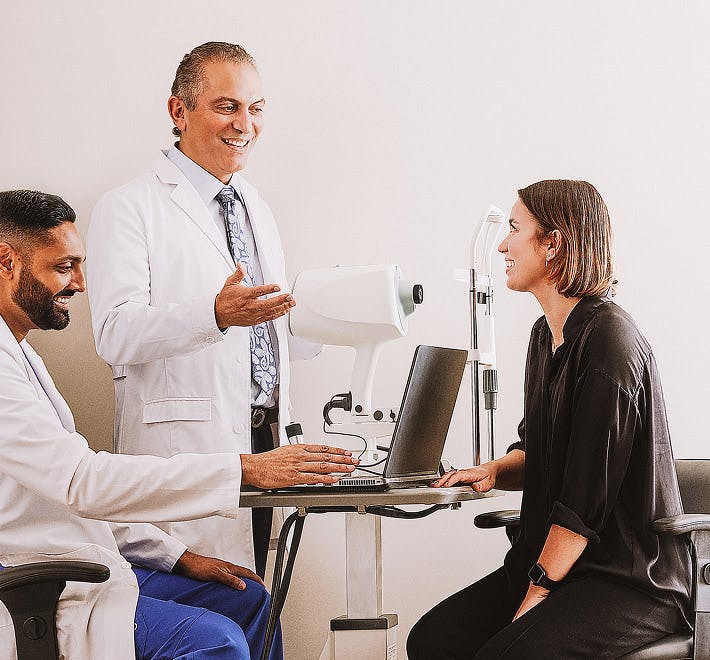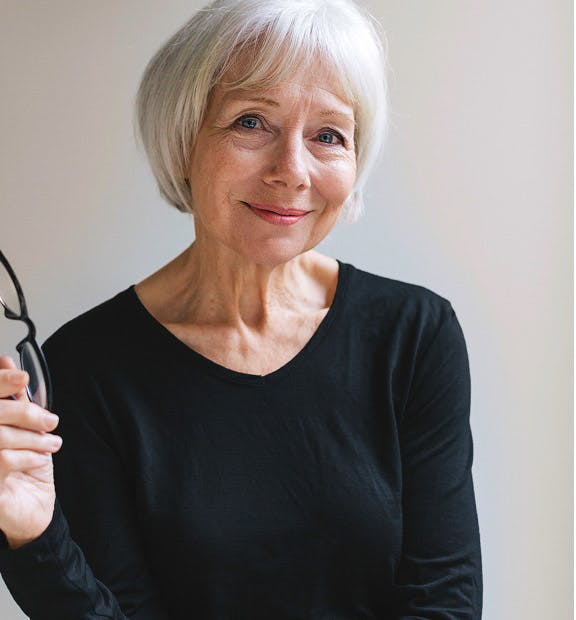Take control of farsightedness with a personalized vision correction plan.
Vision Correction by the Surgeon Other Surgeons Trust
Hyperopia treatment at Cohen Eye Institute isn’t one-size-fits-all—it’s a precision-crafted experience. Dr. Ilan Cohen is one of the country’s most experienced corneal and refractive surgeons, with over 80,000 successful procedures and a reputation trusted by more than 1,000 physicians who have chosen him for their own vision correction.
Unlike general ophthalmologists who split time between eye exams and occasional surgery, Dr. Cohen focuses exclusively on surgical vision correction. His proprietary RealSight™ planning system, extensive fellowship training, and pioneering techniques in lens-based correction make him a go-to expert for patients with complex prescriptions, high hyperopia, or surgical needs beyond the basics.




